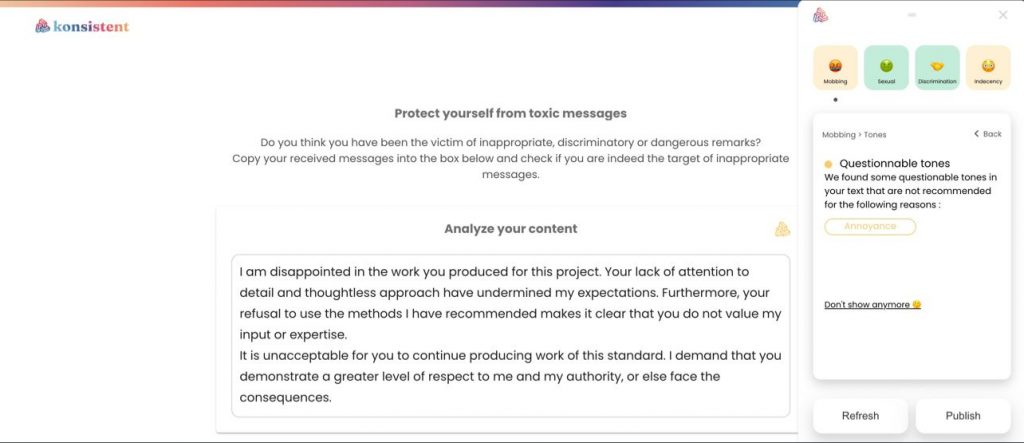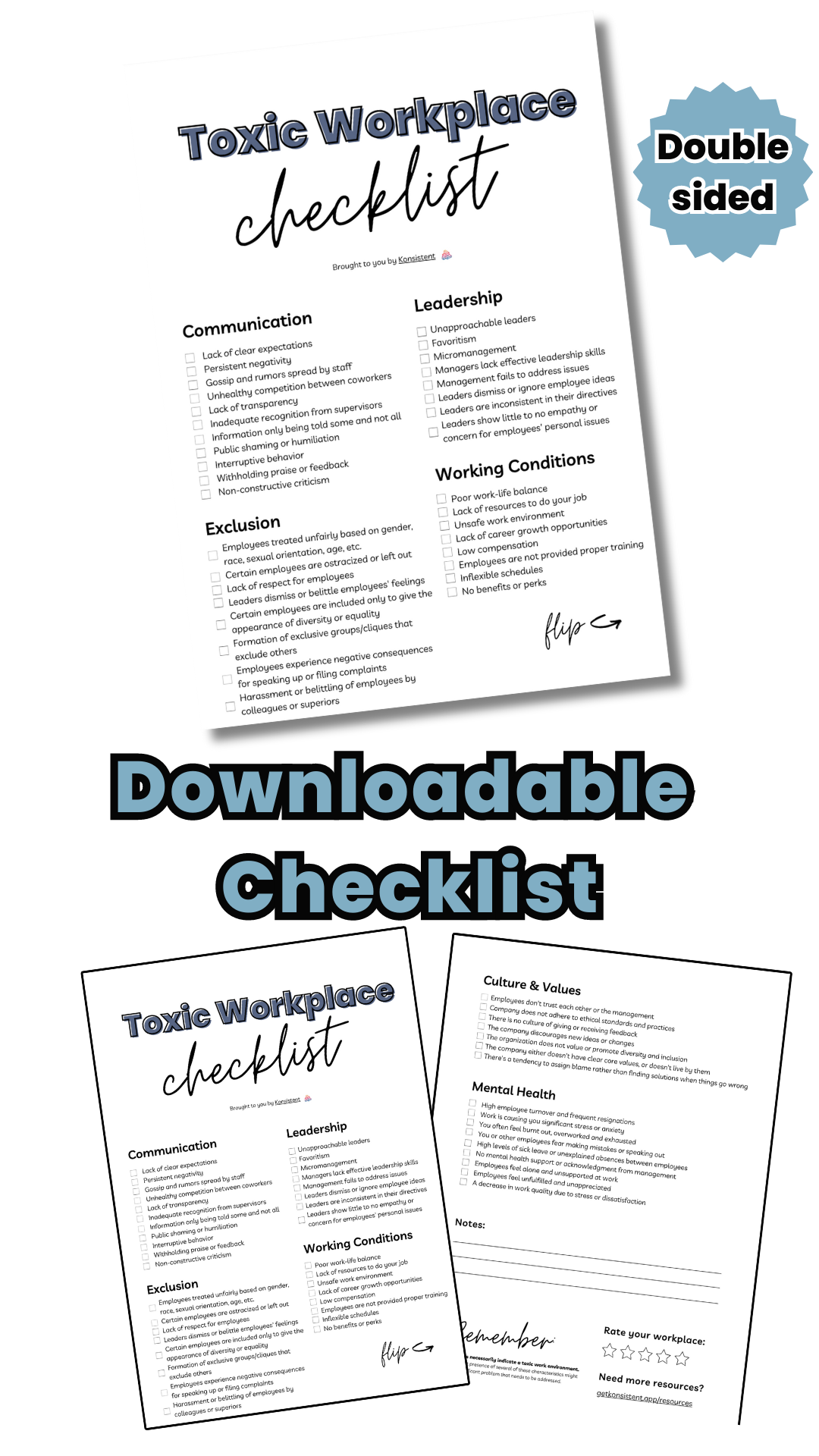Accent bias in the workplace – does it really exist?
5 December 2022 | 5 mins read
- Employee resources
Does accent bias in the workplace actually exist?

The answer is a resounding yes. Accent discrimination in the workplace can take many forms, from subtle to overt.
It’s important to understand why accent discrimination is harmful and how it can affect a person’s career opportunities and sense of belonging in their work environment. It can lead to feelings of exclusion, low self-esteem, and depression. It can also lead to a lack of job satisfaction, lower pay, and in some cases, job loss.
Statistics show that accent bias is real and pervasive in the workplace. One study found that people with foreign accents were three times more likely to be rejected for jobs than those without accents. Another survey revealed that accent bias can be found in all levels of the corporate hierarchy, including senior management.
The good news is that there are ways to prevent accent discrimination in the workplace, and we’re here to outline the steps you can take.
Are you feeling stressed, unvalued, or isolated at work but can't quite put your finger on the root of the issue?
Our comprehensive 'Toxic Workplace Checklist' could provide the clarity you're seeking. This checklist, designed by our language detection experts at Konsistent, pinpoints key signs of an unhealthy work environment, empowering you to better understand and navigate your professional sphere. Download your free copy today, and take the first step towards a more inclusive, respectful, and supportive workspace.
What does accent discrimination mean?
In short, accent discrimination is exactly what it sounds like – it’s when a person is judged or treated differently because of their accent. Even in the 21st century, people with a distinct accent may still face prejudice and discrimination from their employers, co-workers, and clients because they look “different” than the accent we expect them to have.
This is commonly seen being directed at non-native English speakers who find themselves in an environment surrounded by native English speakers. These people may feel uncomfortable speaking in their accent and can be judged for not having the same level of fluency as their colleagues.
Though the bias against non-English speakers is the strongest when it comes to this type of discrimination, it can also happen to people who have a regional accent. Discrimination based on accent has been around for many years and unfortunately it is still very much prevalent today – especially in the workplace.
Related read: Think you’re being harassed at work? Here’s how to verify
Accent bias in the workplace – does it really exist?
Unfortunately, studies have shown that accent discrimination is still a problem in many professional settings. With the expansion of opportunities for remote work for foreigners, accent bias has become more visible in the workplace.
Sometimes the discrimination is blatant and purposeful, but other times it is unintentional. People often make assumptions about non-native speakers’ capabilities or communication skills based on their accents, which can have a negative impact on the individual’s career and opportunities for advancement.
Statistics about accent discrimination in the workplace
According to research by global language learning platform Busuu, 54% of people surveyed said they had faced some form of accent discrimination in the workplace. Of these, 28% reported feeling judged for their accent, and 27% said that they had difficulty making themselves understood by coworkers or clients because of their accent.
In a recent survey conducted by the Society for Human Resource Management, 52 percent of workers reported that they had experienced some form of accent discrimination at their workplace. This could include anything from being passed over for promotions to being excluded from social interactions or even getting poor evaluations because of how they speak.
A recent survey found that more than one-third of employers said they would be less likely to hire someone with an accent different from their own for a position that required speaking on behalf of the company. Not only is this discrimination illegal under US labor laws, but it is also extremely harmful to the individuals affected.
These statistics are concerning – and it’s clear that companies need to do more to ensure that all employees feel included regardless of the language or dialect they speak.
Related read: What is alienation in the workplace?
Accent stereotyping examples
Accent stereotyping can happen in many ways, both intentional and unintentional. In order to prevent accent discrimination in the workplace, it is important to be aware of common examples of accent stereotyping.
One example is when people assume that someone with a foreign accent will not be able to communicate effectively or understand instructions. Another example is when people make assumptions about someone’s personality or intelligence based on their accent.
People may also make jokes about or mock someone’s accent, or even ignore them altogether.
Some other examples of accent bias include:
- Making assumptions about someone’s intelligence or ability to do the job based on their accent.
- Assuming that non-native English speakers are less capable at communicating than those with a native accent.
- Excluding people from conversations or team activities because of their accent.
- Making assumptions about someone’s cultural background based on how they speak.
These are just a few examples of accent stereotyping that can take place in the workplace. It is important to actively work to prevent these and other forms of discrimination by creating an inclusive environment where everyone feels respected and valued.
Why is discrimination based on accent harmful?
No one should be judged by the way they speak, and especially not in their place of work. Accent discrimination can be extremely harmful for those affected – it can lead to feelings of isolation, anxiety and depression, as well as a decrease in self-confidence.
Accent bias also has a negative effect on the entire organization. When employees do not feel included or respected because of their accent, they are less likely to perform at their best and contribute to the team. This can lead to decreased motivation, productivity and creativity – ultimately impacting the company’s bottom line.
Not only is accent discrimination wrong on a moral level, but it can also put companies at risk of legal action if they are found to be discriminating against employees based on their accent or language. Accent bias and stereotyping is just as serious and harmful as any other form of discrimination – and companies need to take the necessary steps to prevent it.
Related read: What is considered harassment? Definition, types, and examples
How to prevent accent discrimination in the workplace
Creating an inclusive work environment where everyone feels respected is essential for any company – and this includes addressing accent discrimination in the workplace. There are several steps employers can take to ensure that all employees feel respected and included regardless of their accent or language.
First, recognize that accent bias exists and be conscious of how it might be affecting your organization. Train employees to understand the implications of accent discrimination and create policies that explicitly prohibit it in your workplace. Employers should be proactive about educating their employees on the issue and making sure everyone is held accountable for their actions.
Employers should strive to create a culture of acceptance and inclusion by celebrating diversity and recognizing the value of different accents, languages and cultures in the workplace. This can be done through activities such as language classes or cultural celebrations. Encourage a culture of openness and respect for all accents and languages, both spoken and written.
Next, it’s important to create a workplace culture where all employees feel comfortable expressing themselves and engaging in dialogue about accent discrimination. Companies should provide training on how to recognize, address and prevent bias based on language or accent.
Using a communication protections tool like Konsistent can help employees identify any potential unconscious bias that may exist in the workplace communications.

Konsistent implements seamlessly with internal communication channels like Slack, email, Linkedin and more and gives real-time notifications and feedback when it detects potentially harmful language being written. This helps employees recognize and change their language in order to create a more inclusive workplace.
>> Download Konsistent for free in 3 simple steps
Finally, employers should strive to create a supportive environment where everyone feels like they can speak up and contribute regardless of the way they communicate. Developing programs that encourage open dialogue about accent discrimination and providing language training for employees are great ways to ensure all voices are heard and respected in the workplace.
By taking these steps, employers can help create a welcoming and respectful workplace for everyone – free from any form of discrimination.
Related read: What is unconscious bias in the workplace?
End accent stereotyping at work
Accent discrimination is an issue that should not be ignored – and taking steps to address it is essential for any company. Companies must take responsibility for creating an environment where everyone feels safe and respected, regardless of their accent or language.
Employers should strive to recognize, address and prevent bias based on language or accent in order to ensure that all employees feel included and valued in the workplace.
With the right policies and practices in place, employers can create an environment where everyone feels safe, respected and valued.
>> Try Konsistent to prevent harassment in your organization







